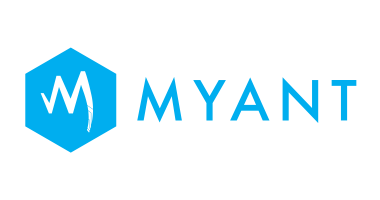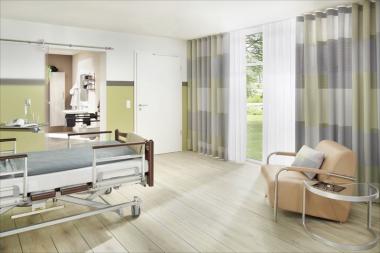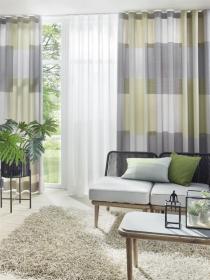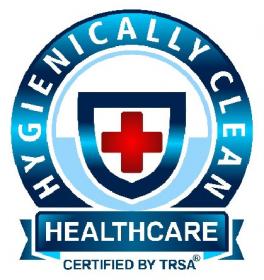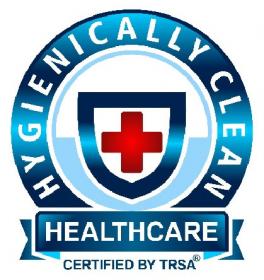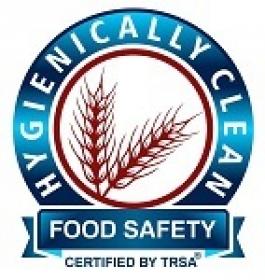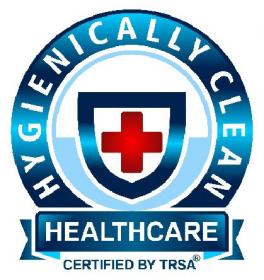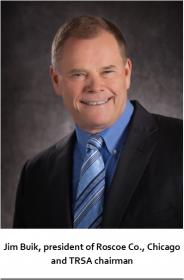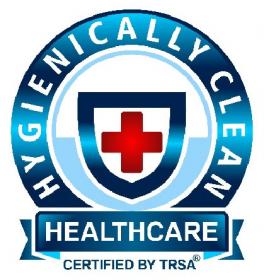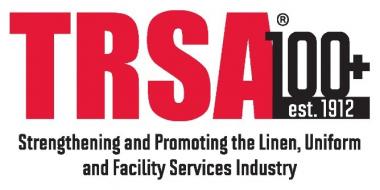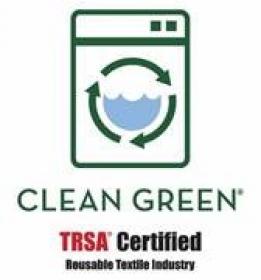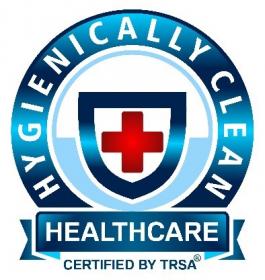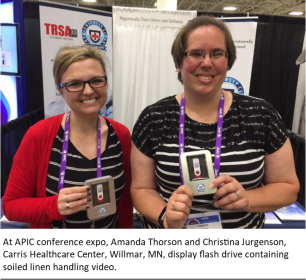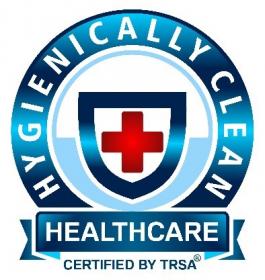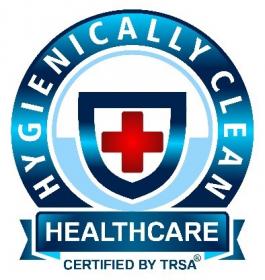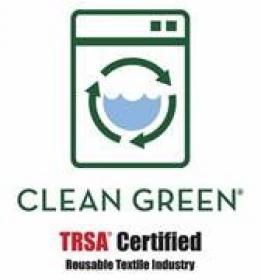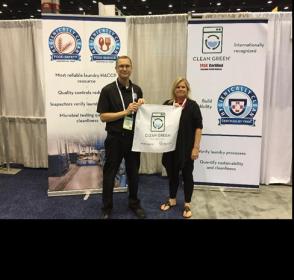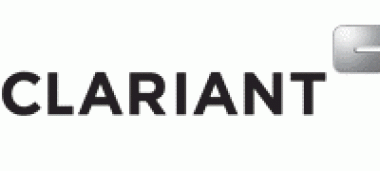Myant Announces Joint Venture with Osmotex AG
Myant Inc. and Osmotex AG have agreed to enter into a joint venture for the commercialization of Osmotex’s HYDRO_BOT active membrane technology across various textile-based applications. The integration of HYDRO_BOT with Myant’s existing portfolio of textile-based sensing and actuating capabilities opens up new possibilities across a wide range of domains including sweat/moisture management and thermal regulation.
HYDRO_BOT technology is capable of moving 200 liters of fluid across a square meter of textile every hour via an electroosmotic process, providing a practically limitless ability to manage moisture in textile applications. Applied in conjunction with Myant’s existing capability to deliver heat via textile and to achieve effective passive moisture wicking via novel knitted structures, the combination of technologies is poised to dramatically improve the ability to regulate body temperature in applications such as personal protective equipment for workers in heavy industry, protective gear for workers in hot desert-like climates, performance wear like snow suits or skiing apparel in cold climates, footwear, motorcycling apparel, and more. In addition to apparel, significant market opportunities exist in the moisture management as applied to the automotive industry and in the healthcare industry.
“The creation of this joint venture between Myant and Osmotex reinforces our mission to develop textiles as bidirectional interfaces to the human body capable of optimizing health and performance across all spheres of life,” said Tony Chahine, founder and CEO of Myant. “Our team is excited to begin integrating HYDRO_BOT into our textiles and bringing this transformative technology to market.”
“We are excited to be working together with Myant to realize the full potential of the HYDRO_BOT technology,” said Joacim Holter, Managing Director and Chairman of the Board for Osmotex AG. “Myant’s ability to integrate our technology and to produce at scale all under one roof made them an ideal partner to help make our vision a reality.”


